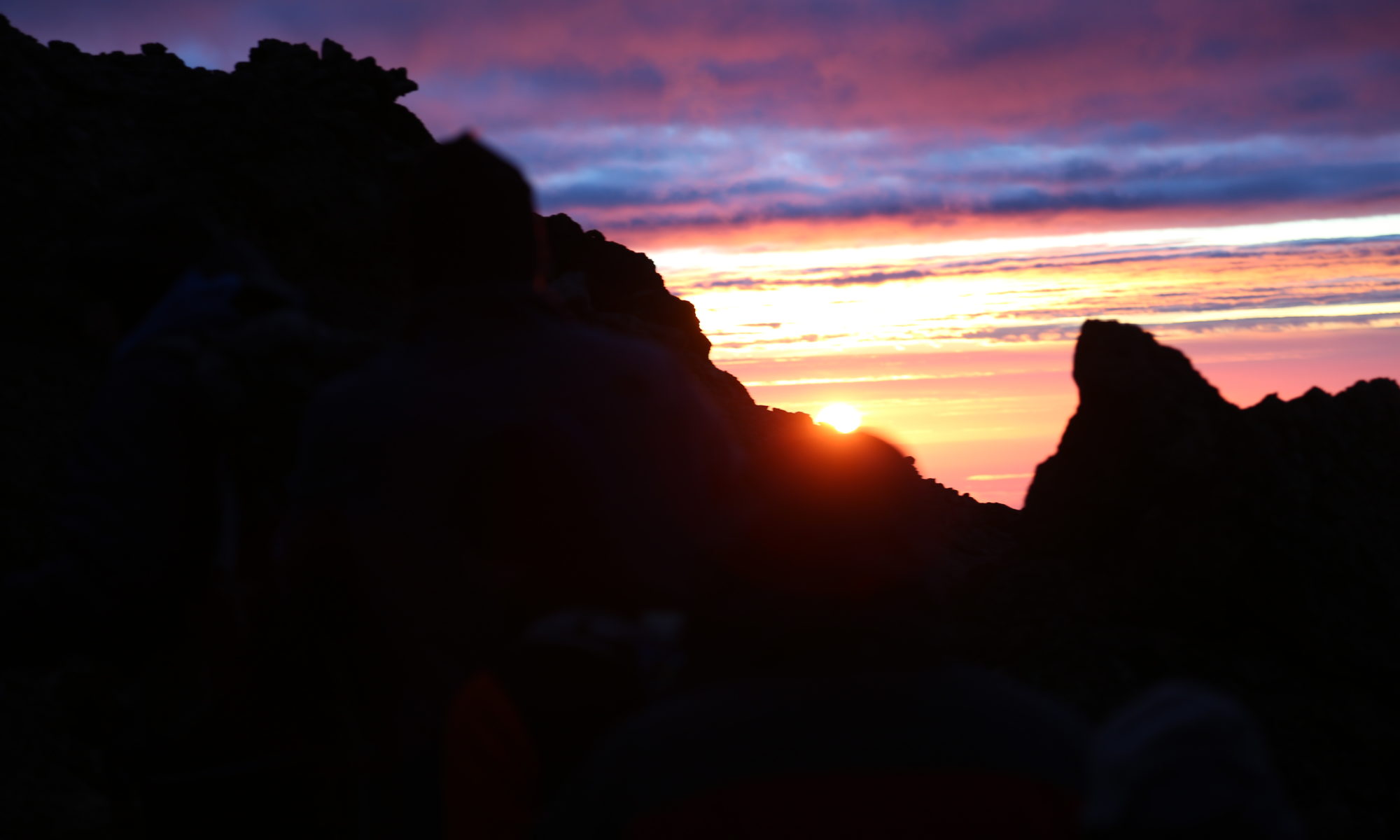Robert disobeyed a direct order and rescued much life from waste, though a pig did die.
Lack of clarity about boundaries began the trouble.
San Juan Island squats right in the middle of the Pacific Ocean channel separating British Columbia (UK, then) and Washington (USA).
It was 1859, British and American settlers were both laying claim to the island.
The powers-that-be couldn’t agree and were playing grabby with the territory.
Agreeing to disagree, settlers attempted to share the island, farming and ranching side-by-side.
This reluctant harmony might have continued until today, if not for a hungry hog.
One afternoon in June, a Devon (large black) pig was helping himself to potatoes in a field belonging to an American farmer, Lyman Cutlar.
Tragically, his mother hadn’t taught him better manners.
Cutlar, finding his potatoes so rudely turned up, promptly shot and killed the intruding swine.
Charles Griffin, an Englishman, island resident and owner of several live pigs and now one dead, took great offense.
Lyman, the American farmer, offered $10, in good faith, as compensation for the animal.
The English rancher, Charles, squealed and stamped and demanded $100.
Lyman, a principled man, could not see his charity so far stretched, then refused to pay anything.
“I am in the right. Just defense of my property. Your pig was trespassing, and eating my potatoes.”
“It is up to you to keep your potatoes out of my pig!” Charles huffed.
Seeing that his neighbor had fled common sense and decency, the American retreated to think no more of the matter.
Griffin, on the other side, involved his local government. The British Governorship immediately threatened to arrest Cutlar.
The American settlers responded in kind, calling for their own military support.
Hot-under-the-collar Captain George Picket and his 9th Infantry were dispatched to the island. “We’ll make a Bunker Hill of it!”
The British countered and soon three warships under the Union Jack were sailing for San Juan.
Before you could say “maybe let’s just build a fence,” both militaries were bristling the tiny island.
461 American soldiers dug in with 14 cannons.
Five British warships floated 70 guns and 2,140 Marines, just off shore.
Then came the fate full order.
“Land the Marines and turn those pompous squatters into the mud they so arrogantly maintain!”
Authority is a curious matter. Power comes in submission to higher power.
When authority steps from under the higher order, Good, it ceases to be.
The rules need breaking when they start to break The Rule.*
At least, that’s what British Rear Admiral Robert L. Baynes believed.
He told his superior, the Governor of Vancouver Island, to take a long walk off a short pier.
“Two great nations in a war over a squabble about a pig? Ridiculous.”
So, both sides stood under orders to “defend yourselves but under no circumstances fire the first shot.”
No shots were fired. The blustering continued and the boundary stayed unsolved…
…for twelve years. And no shots were fired.
In 1871 the UK and US signed the Washington Treaty, and the matter was settled.
San Juan Island, Washington, USA.
More than a decade after the pig shooting, both nations finally withdrew forces from their respective island camps.
These camps remain open today, as a US National Park.
Worth the drive, someday.
Everyday, US Park Rangers hoist a British flag to fly over the camp site.
The flag and pole was an English gift, a sign of friendship between the two countries.
San Juan Island is the only place in the US where a foreign flag is principally and regularly hoisted over American soil.
The Pig War of 1859. Real, crazy, history.
The friendship of two great nations saved; no casualties, save one pig…
because one guy named Robert knew when to break the rules.
—
*Rulebreaking is a potent potion. Drink responsibly.
